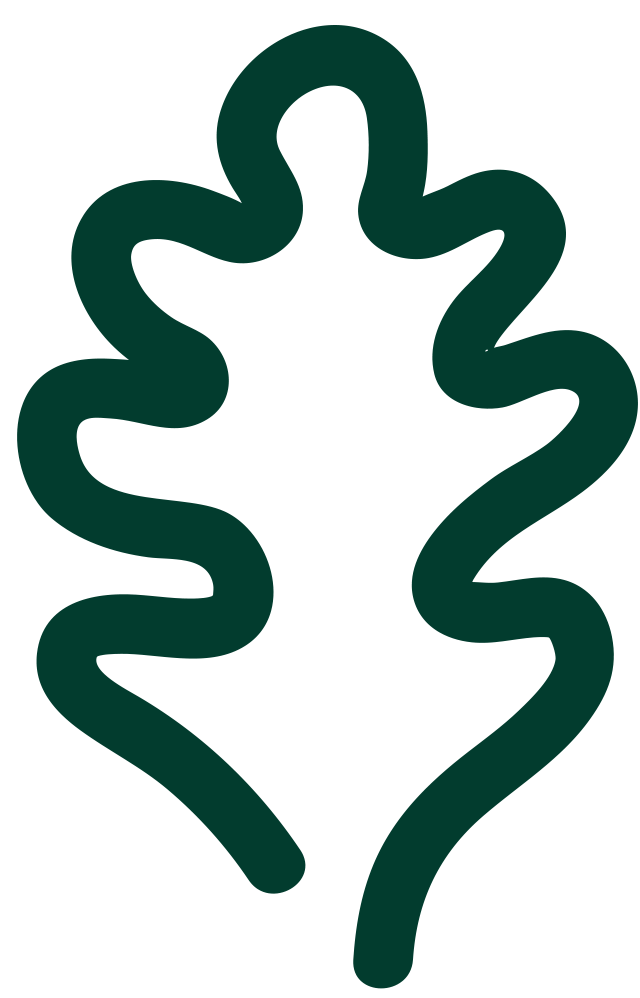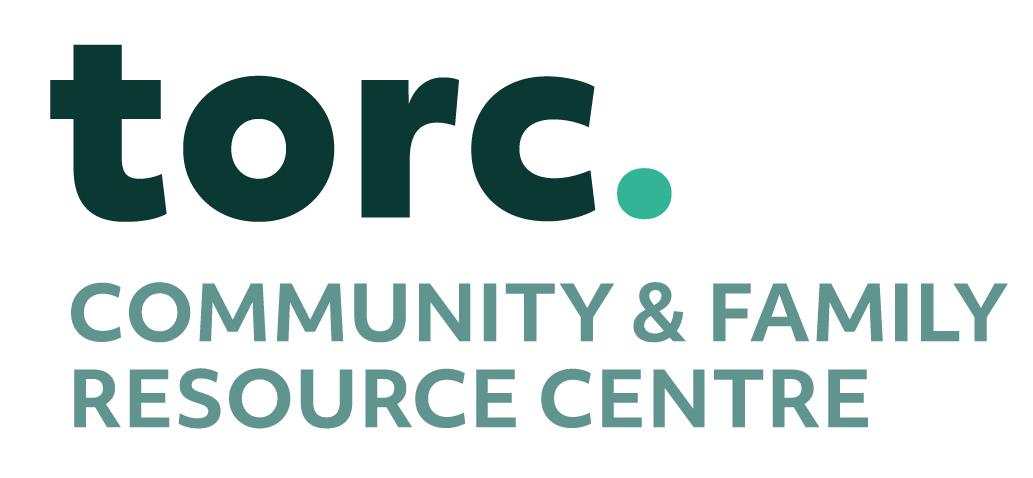Meitheal
What is Meitheal?
Meitheal is a national early intervention practice model developed and led by Tusla – the Child and Family Agency. It is designed to support children and families by identifying their needs and strengths at an early stage and by coordinating appropriate, community-based supports before challenges escalate into more serious difficulties.
The word Meitheal has its roots in Irish tradition, where members of a rural community would come together to help one another with labour-intensive tasks, such as harvesting crops. This spirit of collective effort and mutual support is central to the modern Meitheal model, where services collaborate to provide holistic, child-centred support.

Purpose of Meitheal
The aim of Meitheal is to ensure that:
Children and young people get the right help at the right time
Families are actively involved in planning the support they need
Services work together, avoiding duplication or gaps in care
The strengths of children and families are recognised and built upon
Support is provided in the least intrusive and most appropriate way possible
How Meitheal Works
Identification of Need: A concern is identified by a parent, teacher, youth worker, GP, or other professional, or by the family themselves.
Consent: Meitheal is a voluntary process, and it only proceeds with the informed consent of the parent or guardian.
Meitheal Request Form: A lead practitioner (such as a family support worker or community worker) completes a request for support with the family.
Assessment: A structured conversation (known as the Meitheal strengths and needs form) is completed with the child and family, exploring what’s working well and what support is needed.
Team Around the Child (TAC): If needed, a team of relevant services and supports is brought together (with the family’s involvement) to create and implement a support plan.
Review & Follow-Up: The plan is monitored and reviewed regularly, adjusting as needed to ensure positive outcomes.
Who Is Meitheal For?
Meitheal is suitable for children and families who:
Have multiple needs that can’t be met by a single service
May be struggling with challenges such as behaviour, school attendance, housing instability, mental health, parenting concerns, or social isolation
Are not currently engaged with social work services (Meitheal is not a child protection pathway)
Benefits of Meitheal.
Child and family-led – families have a central voice in decision-making
Strength-based – focuses on what’s working, not just on what’s wrong
Coordinated support – avoids duplication and ensures all professionals are working toward the same goals
Early and preventative – aims to address concerns before they become crises
In Summary
Meitheal provides a structured but flexible way to help children and families access timely, practical, and empowering support from services within their own community. It is built on collaboration, trust, and respect, aiming to improve children’s lives by helping families feel supported, understood, and connected.
Assessment: A structured conversation (known as the Meitheal strengths and needs form) is completed with the child and family, exploring what’s working well and what support is needed.
Team Around the Child (TAC): If needed, a team of relevant services and supports is brought together (with the family’s involvement) to create and implement a support plan.
Review & Follow-Up: The plan is monitored and reviewed regularly, adjusting as needed to ensure positive outcomes.
Read our Guides for More Information.
Stay Connected with torc.
For more information get in touch with us at torc.

